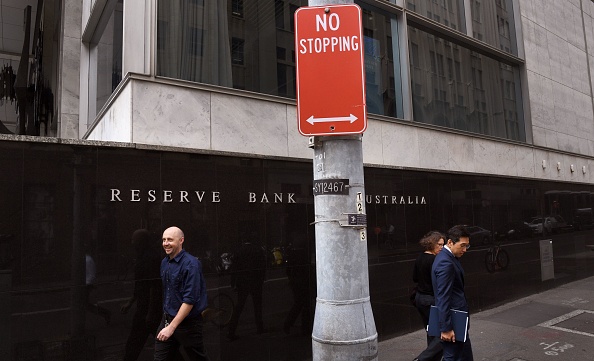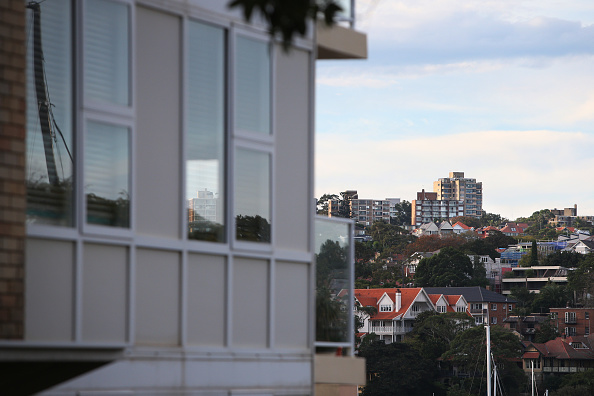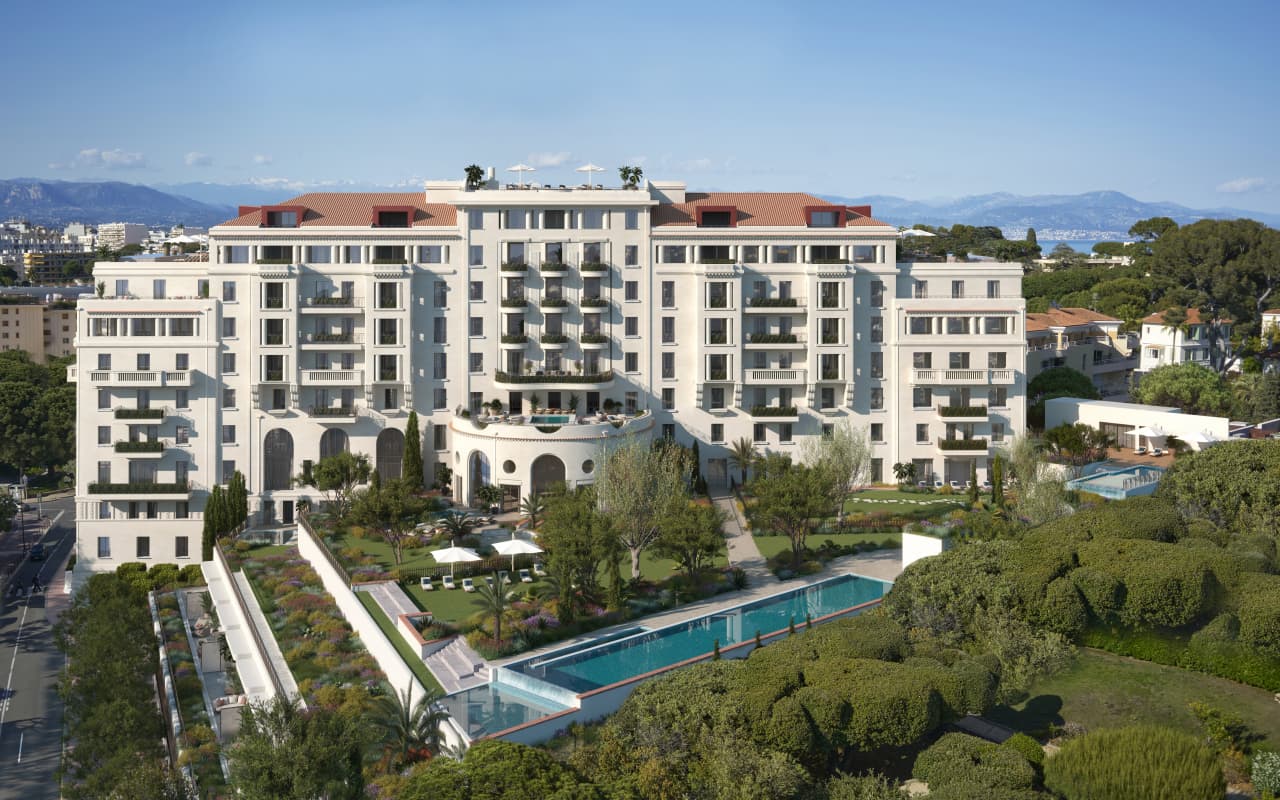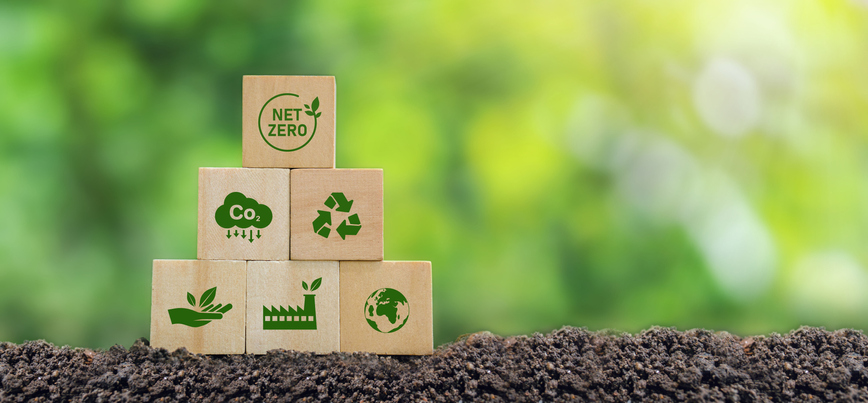RBA decision likely to push more borrowers to their limit
The latest hike is unlikely to be the last as inflation remains stubbornly high
In a decision that will surprise few economists – or borrowers – the RBA announced a further 0.25 percent rise in interest rates when it met earlier this afternoon. This brings the current interest rate up to 3.35 percent, a 3.25 percent increase since May last year.
Prior to today’s announcement, when the interest rate was still 3.1 percent, research by Roy Morgan released at the end of last month revealed that 23.9 percent of Australian mortgage holders were ‘at risk’ of mortgage stress in the three months to December 2022. Mortgage stress is where one third or more of weekly household income is going towards mortgage repayments.
In a tight rental market, mortgage pressure has also lead more landlords to pass rate rises onto tenants.
Research director at CoreLogic, Tim Lawless, says the latest rate rise moves beyond the ‘serviceability assessments’ some borrowers passed when applying for their loans.
“Since October 2021, lenders have assessed new borrowers on their ability to service a mortgage under an interest rate scenario that is at least 300 basis points above their origination rate,” he said. “The latest lift in the cash rate will push these recent borrowers beyond their serviceability tests.
“Considering most lenders were showing mortgage arrears to be around record lows last year, it’s likely some evidence of rising mortgage stress will start to emerge in 2023 under such substantially higher interest rate settings, with the potential for a more noticeable lift as further fixed rate borrowers migrate over to variable mortgage rates.”
Today’s decision signals the RBA’s continued efforts to use the cash rate to manage inflation, which sits at 7.8 percent annually. Time will tell whether it has been successful in curbing spending or whether, as many predict, there are more rate rises on the way. Mr Lawless said overseas economies could offer some hope to borrowers.
“Global inflationary pressures are easing, and domestically, a relatively weak December retail spending result could be the first clear sign that consumers are reigning in their spending,” he said. “Additionally, the housing component of CPI, which has the largest weight of any sub-group, dropped sharply through the final quarter of 2022, albeit from the highest level since the mid-1990s (outside of the impact from the introduction of GST in 2000).
“Mainstream forecasts for the cash rate reflect the uncertainty around inflation outcomes, ranging from the RBA holding the cash rate at 3.35 percent, through to another 75 basis points of hikes. However, a recent survey from Bloomberg puts the median forecast at 3.6 percent, implying one more hike of 25 basis points in the wings.”
This stylish family home combines a classic palette and finishes with a flexible floorplan
Just 55 minutes from Sydney, make this your creative getaway located in the majestic Hawkesbury region.
Continued stagflation and cost of living pressures are causing couples to think twice about starting a family, new data has revealed, with long term impacts expected
Australia is in the midst of a ‘baby recession’ with preliminary estimates showing the number of births in 2023 fell by more than four percent to the lowest level since 2006, according to KPMG. The consultancy firm says this reflects the impact of cost-of-living pressures on the feasibility of younger Australians starting a family.
KPMG estimates that 289,100 babies were born in 2023. This compares to 300,684 babies in 2022 and 309,996 in 2021, according to the Australian Bureau of Statistics (ABS). KPMG urban economist Terry Rawnsley said weak economic growth often leads to a reduced number of births. In 2023, ABS data shows gross domestic product (GDP) fell to 1.5 percent. Despite the population growing by 2.5 percent in 2023, GDP on a per capita basis went into negative territory, down one percent over the 12 months.
“Birth rates provide insight into long-term population growth as well as the current confidence of Australian families,” said Mr Rawnsley. “We haven’t seen such a sharp drop in births in Australia since the period of economic stagflation in the 1970s, which coincided with the initial widespread adoption of the contraceptive pill.”
Mr Rawnsley said many Australian couples delayed starting a family while the pandemic played out in 2020. The number of births fell from 305,832 in 2019 to 294,369 in 2020. Then in 2021, strong employment and vast amounts of stimulus money, along with high household savings due to lockdowns, gave couples better financial means to have a baby. This led to a rebound in births.
However, the re-opening of the global economy in 2022 led to soaring inflation. By the start of 2023, the Australian consumer price index (CPI) had risen to its highest level since 1990 at 7.8 percent per annum. By that stage, the Reserve Bank had already commenced an aggressive rate-hiking strategy to fight inflation and had raised the cash rate every month between May and December 2022.
Five more rate hikes during 2023 put further pressure on couples with mortgages and put the brakes on family formation. “This combination of the pandemic and rapid economic changes explains the spike and subsequent sharp decline in birth rates we have observed over the past four years,” Mr Rawnsley said.
The impact of high costs of living on couples’ decision to have a baby is highlighted in births data for the capital cities. KPMG estimates there were 60,860 births in Sydney in 2023, down 8.6 percent from 2019. There were 56,270 births in Melbourne, down 7.3 percent. In Perth, there were 25,020 births, down 6 percent, while in Brisbane there were 30,250 births, down 4.3 percent. Canberra was the only capital city where there was no fall in the number of births in 2023 compared to 2019.
“CPI growth in Canberra has been slightly subdued compared to that in other major cities, and the economic outlook has remained strong,” Mr Rawnsley said. “This means families have not been hurting as much as those in other capital cities, and in turn, we’ve seen a stabilisation of births in the ACT.”
This stylish family home combines a classic palette and finishes with a flexible floorplan
Just 55 minutes from Sydney, make this your creative getaway located in the majestic Hawkesbury region.


















